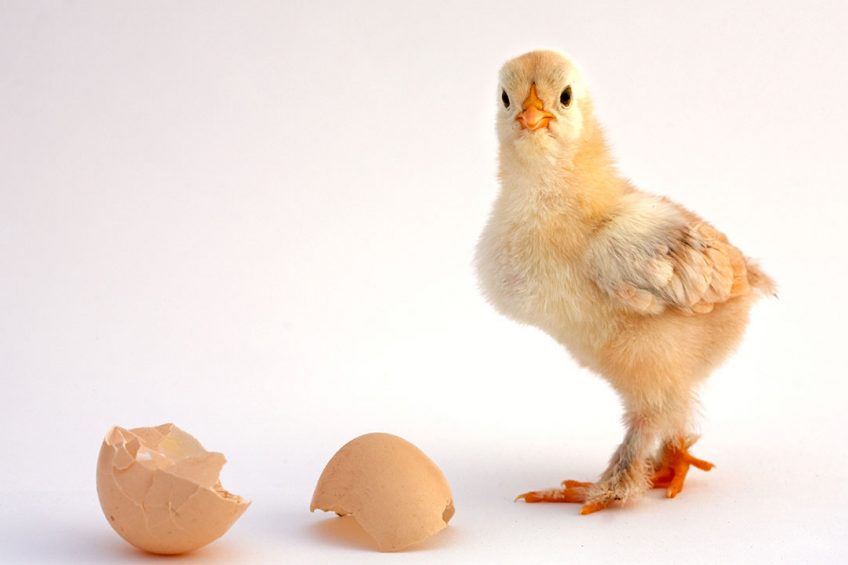Business Update December: What’s new in the poultry sector?

We’re keeping our finger on the pulse and bring you a comprehensive summary of the latest business updates from the poultry industry worldwide.
Hendrix Genetics advances animal welfare through sensing and AI
Hendrix Genetics has joined the IMAGEN (AnIMAl Group SENsor) project which combines sensing and AI (artificial intelligence) technology with animal breeding and genetics to improve the health and welfare of livestock and to reduce the ecological footprint of food production.
IMAGEN combines a team of industry and academic specialists, including 3 universities (Eindhoven University of Technology, Wageningen University and Research, and Utrecht University), 3 organisations (The Dutch Farmers’ Association, the Royal Netherlands Veterinary Association, and the Dutch Society for the Protection of Animals), and 6 companies (Hendrix Genetics, Topigs-Norsvin, Vencomatic, Noldus IT, Sorama, and FarmResult).
Cargill to reduce supply chain emissions by 30% by 2030
Cargill has adopted a Scope 3 target of reducing greenhouse gas emissions in its global supply chains by 30% per tonne of product by 2030. This commitment, in combination with the previously announced operational goal to reduce absolute emissions by 10%, has been approved by the Science Based Target initiative (SBTi), a collaboration between CDP, the United Nations Global Compact, World Resources Institute and the World Wide Fund for Nature.
Agriculture is how we will mitigate climate change, regenerate our soils and improve water use, while nourishing the world in a more sustainable way.” – David MacLennan, Cargill’s chairman and CEO
The company has also pledged to the CEO climate statement, signed on to the We Are Still In coalition to continue supporting the Paris Climate Accord and convened at the UN Climate Change Conference COP 25.
Nutreco supports initiative for Brazil soy farmers against deforestation
Nutreco has pledged to commit € 1 million over the next 5 years to the ‘Funding for Soy Farmers in the Cerrado’ initiative, which aims to conserve native vegetation and biodiversity in the Cerrado region, halting deforestation by providing financial incentives to farmers to produce soy only on existing agricultural land.
The Cerrado region is a globally significant carbon stock but 250 million tonnes of carbon have been released annually from deforestation in this landscape. The Cerrado is also one of the most important Brazilian regions for water production, being responsible for 40% of Brazil’s freshwater that is essential for agriculture.
Aviagen launches David Butler Award to recognise most promising students
Aviagen has launched the David Butler Award to recognise the most promising students of the Europe, Middle East, Africa and Asia (EMEAA) Schools.
The star student will have shown the best progress during the course, demonstrated outstanding skills and passion and be committed to chickens, farmers, colleagues and the progress of the industry. Operations manager at Avipro, Deepa Jauffret, received the very first David Butler Award.

The award has been established in memory of David Butler who passed away in June 2019. David took joy in sharing knowledge and helping others and dedicated his entire career to the growth and success of poultry producers and mentoring the next generation.
Aviagen highlights biosecurity at Indian River Training Academy
Aviagen recently welcomed 56 delegates from throughout Asia to Bangkok to the 2019 Indian River Training Academy to focus on biosecurity, from the hatchery, to the farm, to the feed mill and beyond.

This year, the company introduced virtual reality in its sessions. Students experienced a realistic farm environment where they could actively practice and improve beneficial poultry husbandry skills. The conference also included workshops where students could try their hand at designing a farm layout for maximum biosecurity.










![Birthe Steenberg, AVEC’s Secretary General: “Our [poultry] sector operates under the highest standards of animal welfare, biosecurity and sustainability in the world. Photo: Canva](https://www.poultryworld.net/app/uploads/2024/10/Untitled-design-79-389x260.jpeg)






